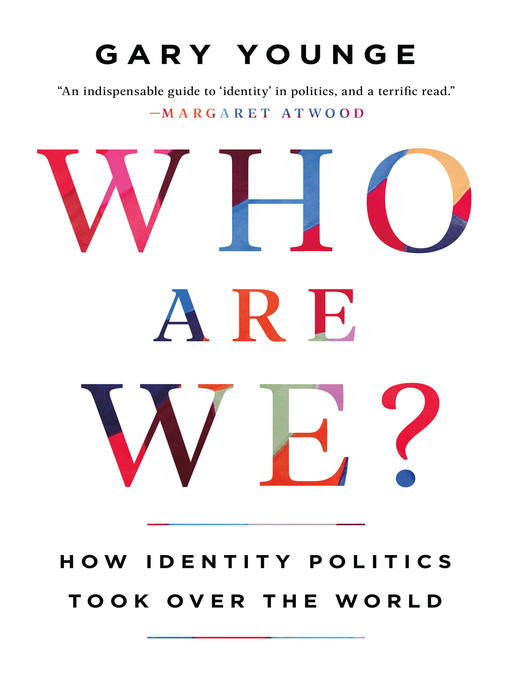
Who Are We — and Should It Matter in the 21st Century?
کتاب های مرتبط
- اطلاعات
- نقد و بررسی
- دیدگاه کاربران
نقد و بررسی

May 9, 2011
British columnist Younge expands on his first book, No Place Like Home, to continue making sense of the shuttlecock of "identity" as it gets bandied right and left in culture and politics. For Younge, the complexities of in-group identity, notions of authenticity in law and religion, or rising xenophobia against particular immigrant groups all boil down to fundamental questions of power, who wields it and to what end. Identities, in this light, become "how we think about ourselves in relation to others." He uses the prism of power to examine the interplay between identity and influence in such diverse phenomena as white men in America, disgruntled at perceiving their loss of influence; Israeli Zionism's investment in Jewishness as a determinant of national inclusion; and Ireland's increasingly conflicted conception of "Irish womanhood." Younge's analyses are sound and to the point. He neatly counters, for example, the insistence in Europe that problems around Muslim immigrants are problems, essentially, with Islam. With just and clearly articulated principles of inclusion and fairness, Younge's analysis is a timely, encouraging read that points to social transformations happily within reach.

May 15, 2011
Guardian columnist Younge (Stranger in a Strange Land: Encounters in the Disunited States, 2006, etc.) explores how "our various identities [can] be mobilized to accentuate our universal humanity as opposed to separating us off into various, antagonistic camps.
The author finds prejudice and oppression still alive and well throughout the world—and he should know. He has been there and lived through it in Britain, France, South Africa, Rwanda and elsewhere. Younge provides many examples of people dealing with the slippery nature of identity, including such well-known figures as Supreme Court Justice Sonia Sotomayor and Tiger Woods. The author also looks at lesser-known examples, like Joseph Fackenheim, the son of a Holocaust survivor whose conversion to Judaism was annulled by the Israeli Rabbinate; Salma Yaqoob, a councilor in Birmingham, England, who has been threatened with death by her fellow Muslims; and former South African leader F.W. de Klerk, "who tried to make apartheid sound a bit like an abortive attempt to create an early version of the European Union in Africa." There is a thread of hard work and courage in the pursuit of excellence that unites the many people the author profiles, and these praiseworthy qualities seem as deeply interwoven in the notion of identity as the limited horizons and prejudice they oppose. As Younge discusses situations in which members of an elite group seek to maintain their privileged position, as well as the often sharp division between political masters and underdogs, his optimism shines through. With determination, he writes, people can mobilize and things can change. Hitler was defeated. The Soviet system collapsed. Apartheid was overthrown. In the author's view, identity politics are not written in stone.
Younge combines an engaging prose style with close reasoning and solid documentation.
(COPYRIGHT (2011) KIRKUS REVIEWS/NIELSEN BUSINESS MEDIA, INC. ALL RIGHTS RESERVED.)

























دیدگاه کاربران